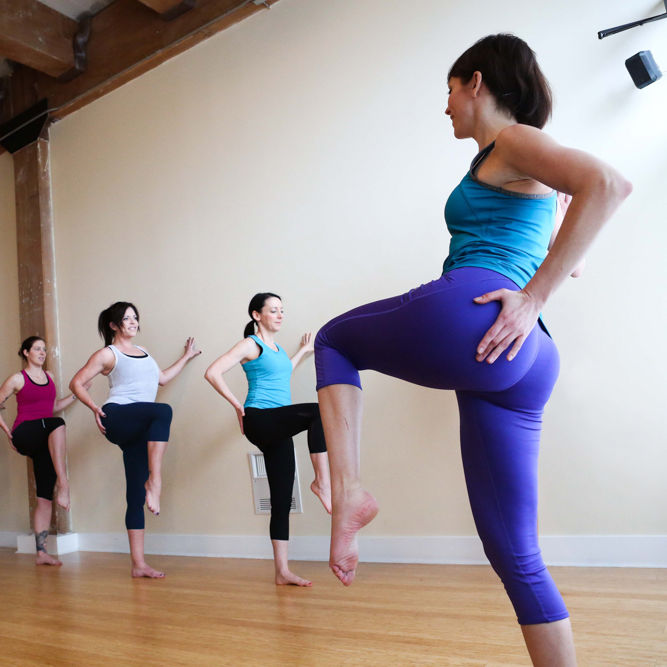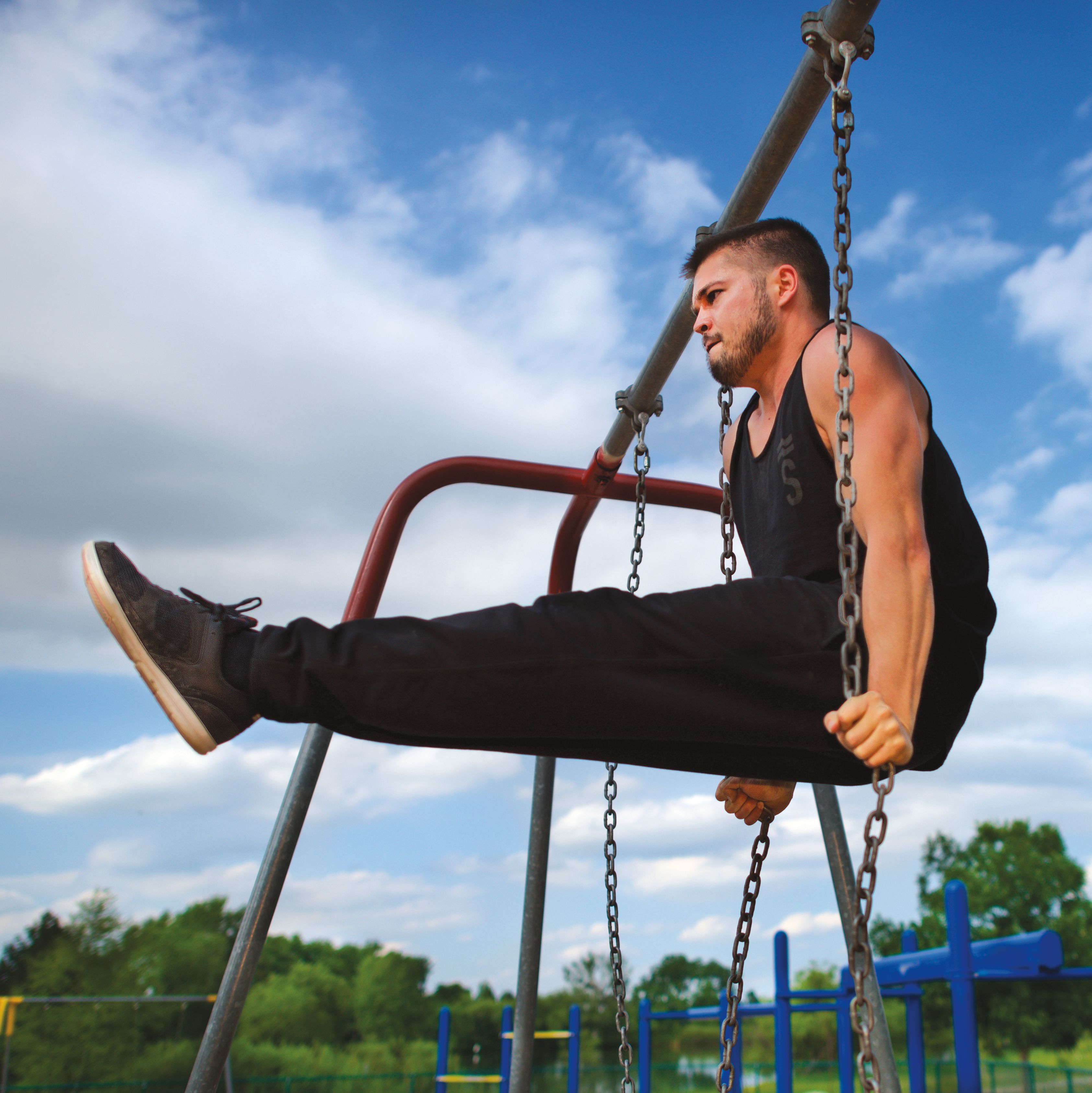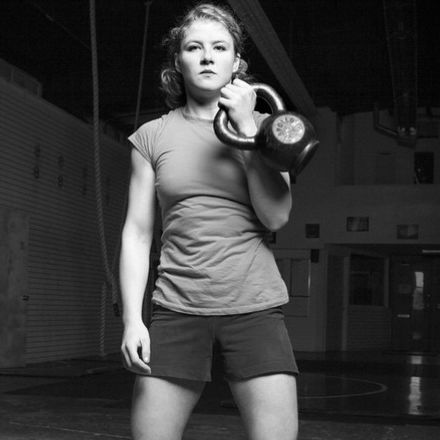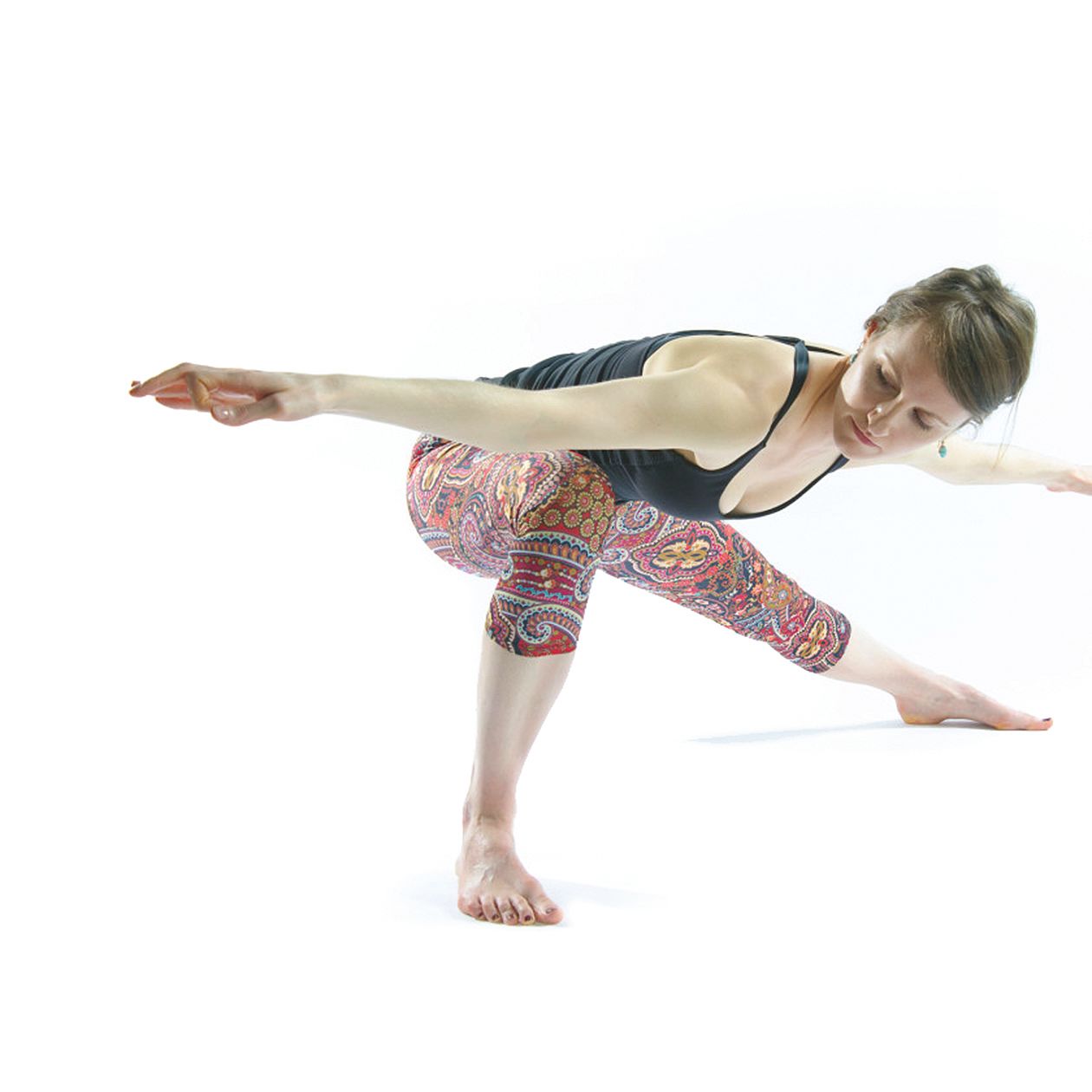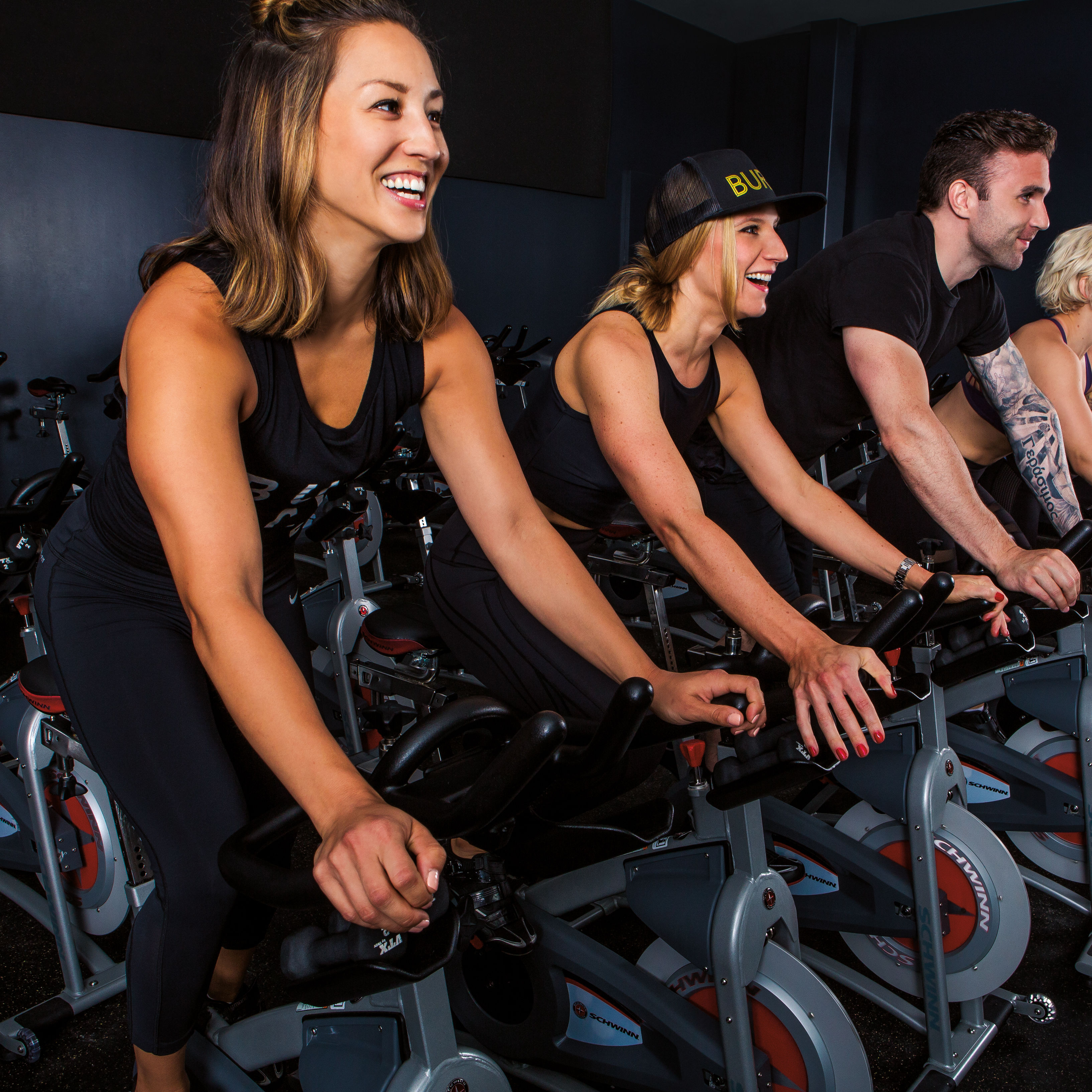Meet the Portland Personal Trainer Who Promises Body Positivity and Zero Bro Vibes
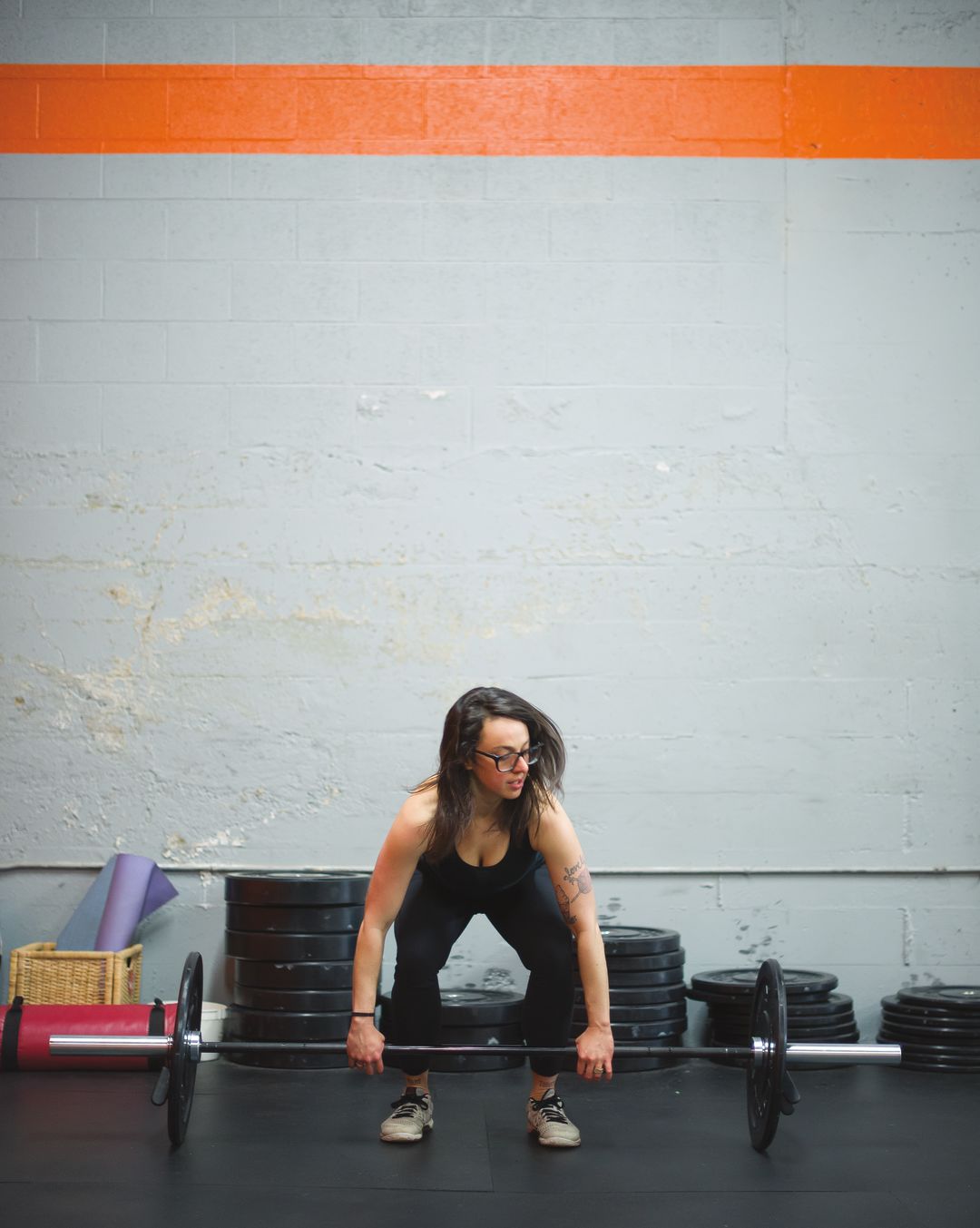
Image: Erica J. Mitchell
Lacy Davis battled anorexia and bulimia for four years before she was hired to teach high school art classes in Oakland.
“The day I started teaching, a lot of things got better immediately,” the California native reflects. “I thought, ‘If I’m going be a role model for teenage girls, I can’t treat myself like shit.’”
Davis stopped counting calories or timing her workouts. She joined a CrossFit gym and fell in love with powerlifting. She took over the high school’s health classes, lecturing on nutrition and body image. In 2012, she left teaching to focus on her fledgling body-positive wellness coaching service, Super Strength Health.
These days, Davis—who had lived in Portland previously and moved back last September—leads personal training sessions at a local gym, offers nutritional counseling and emotional support to remote clients across the country, and records the feminist fitness podcast Rise and Resist. Her clients range from queer vegans seeking a like-minded workout buddy to middle-aged women looking to break from decades of restrictive dieting.
“Really, it’s a whole philosophical difference than most wellness professionals take,” Davis says. “If people say negative things about their body, I question the roots of those feelings instead of just offering them a weight-loss plan. I don’t think thin equals healthy.”
Davis’s candid stories about her own body image struggles and her relentless dedication to positive body imagery fuel the business. Facing an ever-growing client list, Davis is working to expand by opening her own gym aimed toward feminists, queer and trans people, those with larger bodies—anyone who may not feel welcome or at home in traditional workout spaces.
“Weight loss is so ingrained in gym culture that it excludes people who have a negative relationship with weight loss,” she explains. “My goal is a gym that doesn’t talk about it.” (She also promises there will be no “bro vibes,” which may make the concept even more appealing.)
Intentionally or not, Davis’s work is part of an emerging social movement, one that emphasizes self-esteem over size, and weight lifting over weight loss—strong over skinny, basically. She hopes her gym can serve as a rallying point against diet culture.
“I don’t just care about Portland,” Davis says. “I want to be a voice that helps change the industry. And I think it will happen, because the fact of the matter is, weight loss is not sustainable. I don’t understand how a person can feel empowered if they’re constantly having a negative dialogue around their body.”
